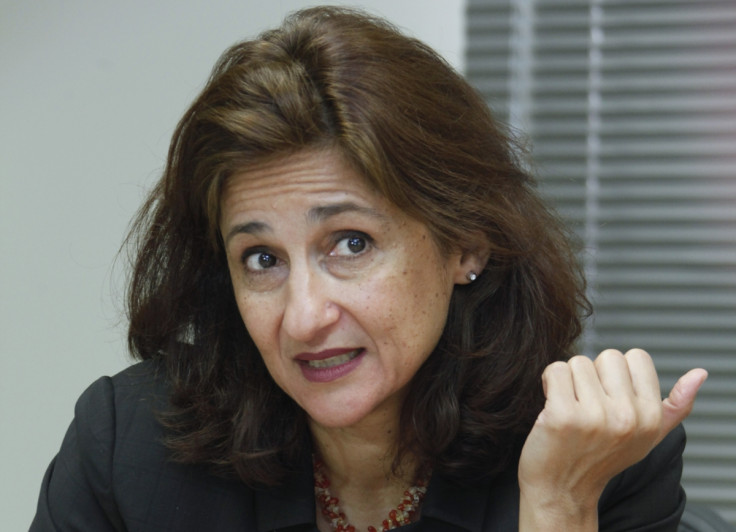New Bank of England Policymaker Warns on Household Indebtedness as House Prices Spiral

A spiralling level of household indebtedness off the back of rising house prices is the biggest threat to the UK economic recovery, according to a new deputy governor at the Bank of England.
Nemat Shafik, a former IMF economist taking up a deputy governor role at the central bank, made the comment at her first Treasury Select Committee (TSC) hearing.
It echoes minutes from the June meeting of the Financial Policy Committee (FPC) at the Bank of England where policymakers acted to put an electric fence around the mortgage market to prevent risky lending and dangerous indebtedness.
From October 2014, the FPC will only let 15% of a bank's new mortgage lending comprise of loans that are worth more than 4.5 times the borrower's income.
This is because consumers have to take out bigger mortgages in order to pay for the rising cost of a UK home.
According to the Office for National Statistics (ONS), the average price of a UK home jumped by 9.9% in the year to April 2014, hitting £260,000. In London, where there is an acute housing shortage, the increase was even higher - an 18.7% leap to a £485,000 average.
"The Committee assessed that there was the potential for a large adverse impact on aggregate demand from household indebtedness, with this risk more marked in relation to borrowers with higher levels of indebtedness," said the FPC minutes.
The risk to the recovery from high household debt is twofold. When the Bank of England hikes its base rate from the all-time-low 0.5%, monthly debt repayments will rise alongside.
This means consumers have to funnel more of their incomes to servicing debt rather than spending out. A significant chunk of the economic recovery, which will see 3% GDP growth in 2014, is being driven by household consumption.
And for those who over-stretched themselves financially to take on a big mortgage there is the risk of default when interest rates rise, which would have a knock-on effect on the banking system and wider economy.
In the TSC hearing, Shafik also said that the Bank of England's vast quantitative easing programme - which has seen it purchase £375bn worth of gilts - should only be unwound when the base rate has been lifted high enough that it can be meaningfully cut again.
© Copyright IBTimes 2025. All rights reserved.






















